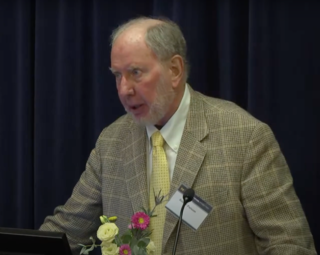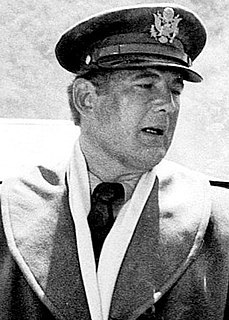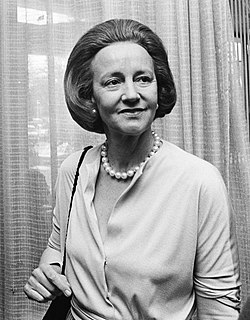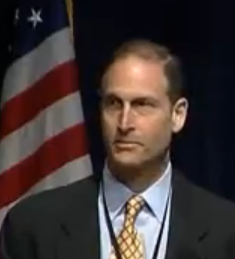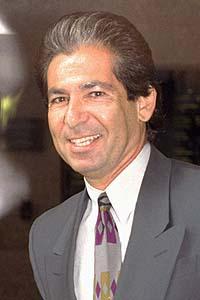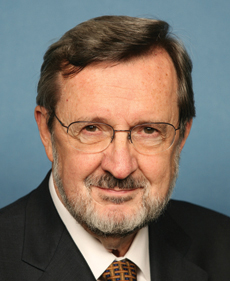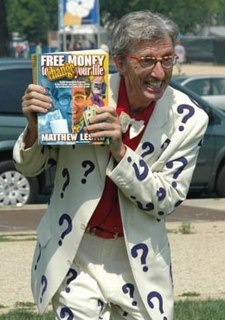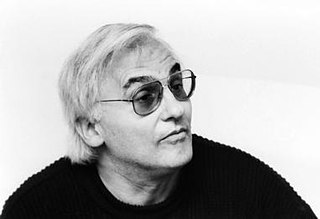Top 1200 Information Society Quotes & Sayings
Explore popular Information Society quotes.
Last updated on September 19, 2024.
Normally if you add information to information, you have more information. In case of my art, I destroy information, I would say, because the image is disturbed by the writings. In a way, they become pure imagery. For me it's really fun because it's an idealistic approach to images, to just play around with information and see what's happening.
Television is altering the meaning of 'being informed' by creating a species of information that might properly be called disinformation. Disinformation does not mean false information. It means misleading information - misplaced, irrelevant, fragmented or superficial information - information that creates the illusion of knowing something, but which in fact leads one away from knowing.
Kofi Annan described World Summit on the Information Society as the first summit to deal primarily with an opportunity. The range of issues and potential opportunities that might be included in the Information Society is enormous. Compromise texts are very poor at addressing these in any meaningful way, and many governments see little point in trying.
Information wants to be free.' So goes the saying. Stewart Brand, the founder of the Whole Earth Catalog, seems to have said it first.I say that information doesn't deserve to be free.Cybernetic totalists love to think of the stuff as if it were alive and had its own ideas and ambitions. But what if information is inanimate? What if it's even less than inanimate, a mere artifact of human thought? What if only humans are real, and information is not?...Information is alienated experience.
And if you look at society, the way it works, they are creating, from cradle to grave, left-brain prisoners. To advance in this society, you have to be good at passing exams in school, which are taking in left-brain information overwhelmingly. Then you go to the next level, and so on so that by the time you reach any level of significant influence in society or the institutions of society, you are fundamentally locked into your left brain. Or at least the majority of people are.
The knowledge we now consider knowledge proves itself in action. What we now mean by knowledge is information effective in action, information focused on results. Results are outside the person, in society and economy, or in the advancement of knowledge itself. To accomplish anything this knowledge has to be highly specialized.
A society that relies on generalized reciprocity is more efficient than a distrustful society, for the same reason that money is more efficient than barter. Trust lubricates social life. Networks of civic engagement also facilitate coordination and communication and amplify information about the trustworthiness of other individuals.
Well, there's a question as to what sort of information is important in the world, what sort of information can achieve reform. And there's a lot of information. So information that organizations are spending economic effort into concealing, that's a really good signal that when the information gets out, there's a hope of it doing some good...
Part of what it is to be scientifically-literate is how you think about information that's presented in front of you. I think that's the great challenge. You have people who believe they do know how to think about the information, but don't, and they're in the position of power and legislation. You can't base a society on non-objectively verifiable truth. Otherwise, it's a fantasy land and science is the pathway to those emerging truths that are hard-earned and that some have taken decades, if not centuries, to emerge from experiments all around the world.
The concept of the "information society" is both vague and all-embracing. Different participants meant different things by it. In practice, though, World Summit on the Information Society only dealt with a small number of issues: ICTs and human rights (to some extent), ICTs and development (to some extent), infrastructure finance and Internet governance. Very large aspects of what might have been included in the "information society" were not really discussed.
There are contradictory tendencies in American society. There's a huge range of activities that one can engage in that mark it as a quite free society. It's also true to say that the powers that be have so much control over how people think that there are fewer and fewer people who make use of the rights and information available to them.
Well, there's a question as to what sort of information is important in the world, what sort of information can achieve reform. And there's a lot of information. So information that organizations are spending economic effort into concealing, that's a really good signal that when the information gets out, there's a hope of it doing some good.
In an information economy, entrepreneurs master the science of information in order to overcome the laws of the purely physical sciences. They can succeed because of the surprising power of the laws of information, which are conducive to human creativity. The central concept of information theory is a measure of freedom of choice. The principle of matter, on the other hand, is not liberty but limitation- it has weight and occupies space.
Data isn't information. ... Information, unlike data, is useful. While there's a gulf between data and information, there's a wide ocean between information and knowledge. What turns the gears in our brains isn't information, but ideas, inventions, and inspiration. Knowledge-not information-implies understanding. And beyond knowledge lies what we should be seeking: wisdom.
We have more information now than we can use, and less knowledge and understanding than we need. Indeed, we seem to collect information because we have the ability to do so, but we are so busy collecting it that we haven't devised a means of using it. The true measure of any society is not what it knows but what it does with what it knows.
We live in a cluttered culture, a culture of information in which even our computers can't tell us what's worth knowing and what is merely cultural scrap. In such a society, we don't have the experience of contemplative space, of the time or mood to engage a book of poetry or even read a novel. Who can achieve the unconscious-conscious state of the reader when everything is stimulation, everything is movement and information?
A dreaded society is not a civilized society. The most progressive and powerful society in the civilized sense, is a society which has recognized its ethos, and come to terms with the past and the present, with religion and science. With modernism and mysticism, with materialism and spirituality; a society free of tension, a society rich in culture. Such a society cannot come with hocus-pocus formulas and with fraud. It has to flow from the depth of a divine search.
We have to remember that information sharing is restricted by legal barriers and cultural barriers and by the notion that information is power and therefore should be hoarded so if you share information you can extract something in exchange. In today's digital online world, those who don't share information will be isolated and left behind. We need the data of other countries to connect the dots.
I don't think we should have less information in the world. The information age has yielded great advances in medicine, agriculture, transportation and many other fields. But the problem is twofold. One, we are assaulted with more information than any one of us can handle. Two, beyond the overload, too much information often leads to bad decisions.
A global society is coming into being, a global society that is made out of information that was not intended to be ours, but is ours, by the mistaken invention of computers and the printing press, information is power, and information has spilled by the clumsy hands of the dominator culture so that the information is everywhere, never before has the situation been so fluid, we might be able to finally have a crack at this
It does seem to me, though, that the countries that gained most from World Summit on the Information Society are those that saw it as an opportunity to engage in more diverse discussion about the issues internally and to seek to raise the quality of debate (both in terms of information and understanding).













